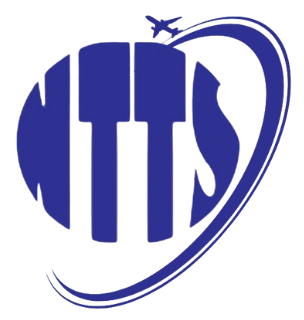
Tours & Packages
Currency Info
Tours & Packages
Currency Information
When traveling to different destinations, understanding the local currency is essential for budgeting and financial planning. Here's what you need to know about currency exchange, usage, and tips for managing your money while abroad:
Local Currency Overview:
Each country has its own currency, which can vary widely in value. Here are some of the most common currencies you might encounter:
-
US Dollar (USD):
Widely accepted in many countries and often used as a benchmark for currency exchange rates. -
Euro (EUR):
The official currency of the Eurozone, used by 19 of the 27 European Union countries. -
British Pound (GBP):
The currency of the United Kingdom, known for its strong value against other currencies. -
Chinese Yuan (CNY):
The currency of the People's Republic of China, gaining importance in international trade.
Currency Exchange:
-
Exchanging Money:
Currency can be exchanged at banks, exchange bureaus, and airports. It's advisable to compare rates to get the best deal. -
Using ATMs:
Withdrawing local currency from ATMs is often one of the most convenient methods. Just be aware of any fees your bank may charge. -
Credit and Debit Cards:
Most major credit and debit cards are widely accepted, especially in urban areas and tourist destinations. Always notify your bank before traveling to avoid any issues with your card.
Using Credit and Debit Cards:
-
Credit and Debit Card Acceptance:
Most major credit and debit cards are widely accepted, especially in urban areas and tourist destinations. Always check with your card issuer for any international transaction fees. -
Notify Your Bank:
It's wise to inform your bank of your travel plans to prevent your card from being blocked due to suspicious activity.
Tips for Managing Money Abroad:
-
Carry Small Bills:
Having smaller denominations can be useful for tips and minor purchases, especially in local markets where change may be limited. -
Know the Exchange Rate:
Familiarize yourself with the current exchange rate to ensure you're getting a fair deal when exchanging money or making purchases. -
Keep Cash and Cards Safe:
Use a money belt or secure wallet to protect your cash and cards. It’s prudent to have a backup payment method in case of loss or theft. -
Avoid Currency Exchange at Airports:
Exchange rates at airports can be significantly lower. It's often better to exchange money at local banks or ATMs when possible.
Currency Resources:
-
Currency Converters:
Use online currency converters to check current rates and plan your budget effectively. -
Financial Apps:
Consider downloading financial apps that can help you track your spending and convert currencies easily while you travel.
